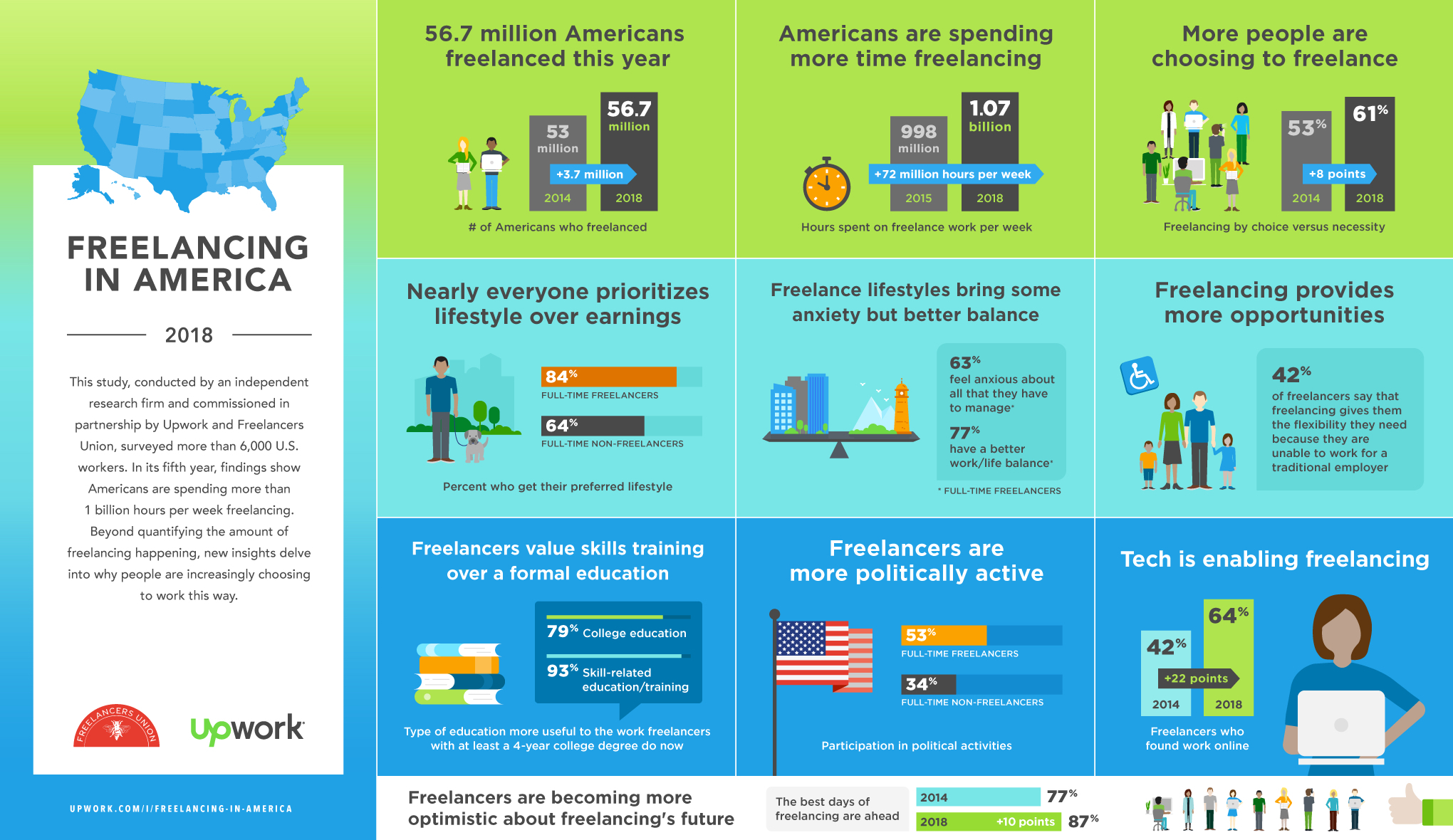The makeup & dynamics of the workforce are changing with the ongoing automation & the emergence of the Generation Z – they are defined as the demographic who were born between 1995-2009 & who will form the biggest chunk of U.S workforce by 2020. They have embraced the concept of Gig economy with the help of the technology enablers. Traditionally Gig economy is defined as a temporary arrangement of work when you were in between jobs, looking for a side income or just supplementing your main income with another source, also referred to as Part-time work sometimes. It was your side gig so to say. But we are seeing increasing numbers of people entering the Gig economy not as a temporary role but as their mainstay.
For Generation Z, however, who have not seen time with technology not at their fingertips are the real digital natives of this economy, have been given an immense earning potential through online opportunities which are part of the Gig economy. The struggling Millenials and/or their older siblings after the 2008 Financial crisis have taught Gen. Zers financial conservatism and hard work, while looking for better opportunities with the use of technology.
According to a Research (infographics below), in the U.S alone there are about 57 million people freelancing as of 2018, an increase of 3.7 million people in the last 4 years, accounting for 36% of the workforce. With 61 million of Generation Zers entering the workforce in the next decade or so, the size of the Gig economy is all set to overtake the traditional workforce by 2027. The rise of smartphones, unlimited high-speed internet & the emergence of e-commerce & online players like Uber, Lyft, Etsy, Amazon, Freelancer.com, ebay, Airbnb & others have fueled the rise of Gig economy.
Many people have been debating the merits & demerits of the Gig economy. While it provides much-needed independence & flexibility which in turn increases productivity according to some, others still prefer the stability of a paycheck combined with the added employment benefits that an independent contract worker has to forgo in the Gig economy. I have been self-employed most of my adult life & the idea of being my own boss with the flexibility of work hours gives me the independence that I need. Of course, there are challenges like a variable income stream & working alone sometimes getting to your head, but at the end of the day I still consider myself far more productive than in a confined space of a restrained environment – so you can say I am one of the fewer Millenials who have a Gig mentality : )
Going forward the Gig economy is only going to grow with Generation Z taking the leap to embrace it in every which way. Companies are already adapting to this transition as they can bring in newer top talent pool to solve specific problems without the burden of giving them added employment benefits while the Gig workers would love the flexibility & time specific tasks after which they can move to another project at their discretion & availability. The biggest challenge will be perhaps for people who have always worked in conventional environments with traditional employment mentality to one where they have to function as an independent business operator.


Stay in touch: Twitter | LinkedIn | Tradealike | StockTwits | Telegram

